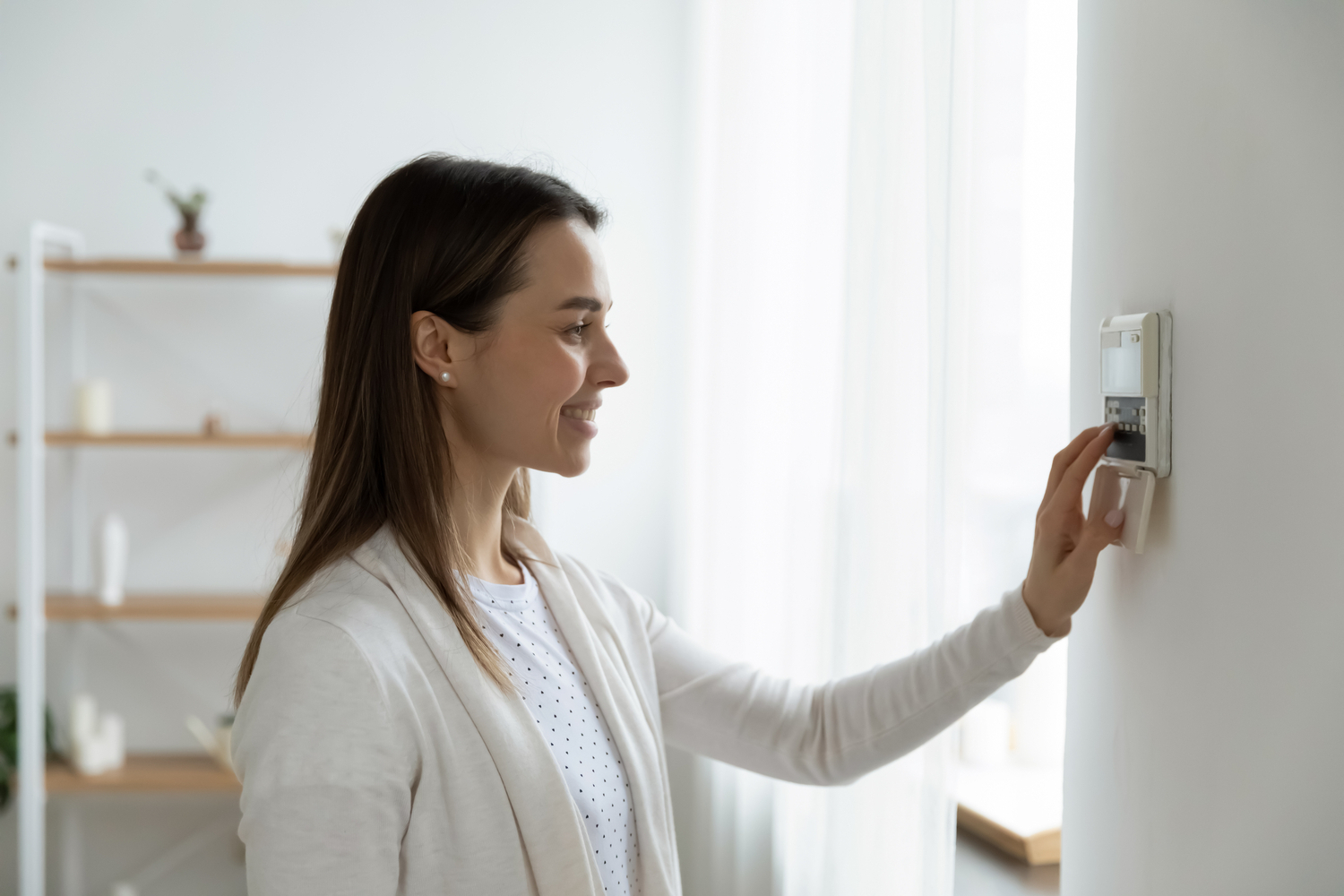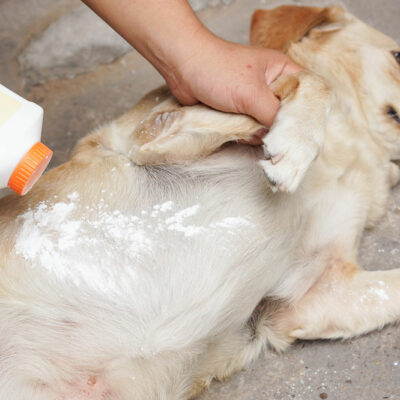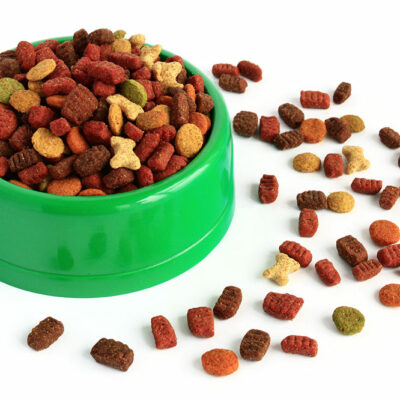
6 Ways To Prevent Respiratory Syncytial Virus Infection (RSV)
Symptoms Of RSV
Respiratory syncytial virus is a common respiratory infection that results in mild cold symptoms, including runny nose, coughing, sneezing, loss of appetite, fever, and wheezing. Most individuals recover quickly, but it can be more severe in infant and elderly individuals. If left untreated, respiratory syncytial virus can result in bronchiolitis and pneumonia. In fact, it is the most common cause of these two infections in children younger than 1 year. Luckily, there are respiratory syncytial virus (RSV) treatments, such as Ribavirin. If you are a high risk individuals, you should attempt to prevent RSV—here’s how:
1. Wash your hands often
Whether you’ve been at home all day or went out to run errands, you should be washing your hands often. Use soap and water and wash for at least 20 seconds. If you’re on the go, make sure you carry a hand sanitizer with you that is at least 60% alcohol for optimal disinfectant. Keeping your hands clean will keep you free from germs and bacteria.
2. Avoid close contact with sick people
Especially during peak cold and flu season, you should avoid close contact with people who have cold-like symptoms. This includes shaking hands, kissing, sharing utensils, and sharing drinks. If you have an infant, it is your responsibility to keep them away from sick individuals.
3. Avoid touching your face with unwashed hands
If you haven’t cleaned your hands, you should avoid touching your face. Do your best to restrain itching your nose or rubbing your eyes. If you have to sneeze or cough, do it in your elbow or sleeve of your shirt to avoid bringing your hand to your face as well as to prevent spreading your germs.
4. Clean and disinfect surfaces
Surfaces that are highly-touched, such as doorknobs, light switches, toys, or furniture should be disinfected often. Try products like Clorox Disinfectant Wipes or Lysol Disinfectant spray to keep you and your family safe from RSV.
5. Improve indoor ventilation
When possible, you should improve indoor ventilation by opening windows and doors to let fresh air in and improve airflow. Before doing this, check that there are no air pollutant advisories in your area. Improving ventilation clears odors, germs, and harmful particles from the air inside your home.
6. If you’re sick, stay home
If you do end up getting sick, it is important that you take precautions to avoid spreading your illness to others. Stay home as much as you can until you recover, and if you must go out, you should wear a mask to prevent spreading your germs.


